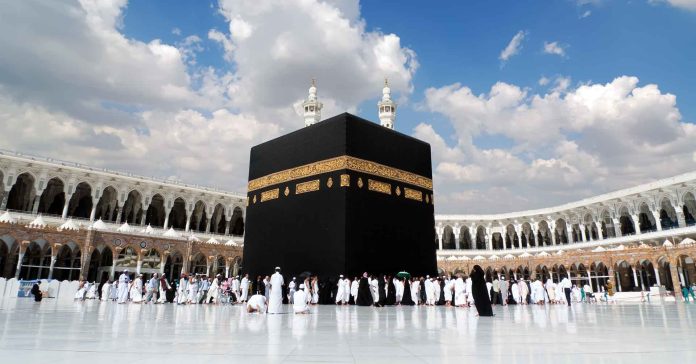The opening of applications for Hajj 2024 by designated bank branches, as directed by the Ministry of Religious Affairs and Interfaith Harmony, marks a significant moment for Pakistani Muslims. With 15 branches facilitating the government’s Hajj scheme until December 12, the initiative aims to accommodate around 197,201 individuals on this sacred pilgrimage. Notably, the government’s efforts to alleviate Hajj expenses by Rs100,000 underscores a commitment to making this spiritual journey more accessible.
What stands out prominently is the caretaker government’s introduction of a condensed Hajj package, a novel inclusion in Pakistan’s history. This initiative seeks to streamline the Hajj process, potentially enabling a larger segment of the population to participate.
Furthermore, the decision to allow women to undertake Hajj without a traditional male companion signifies a progressive step forward in religious practices. This change reflects a contemporary approach, acknowledging women’s autonomy in fulfilling this fundamental religious obligation independently.
These developments highlight a concerted effort to make the Hajj pilgrimage more inclusive, cost-effective, and streamlined, aiming to enhance accessibility for a broader spectrum of Pakistani citizens. The changes not only address financial constraints but also break traditional barriers, fostering a more inclusive and accommodating environment for all Muslim pilgrims.


